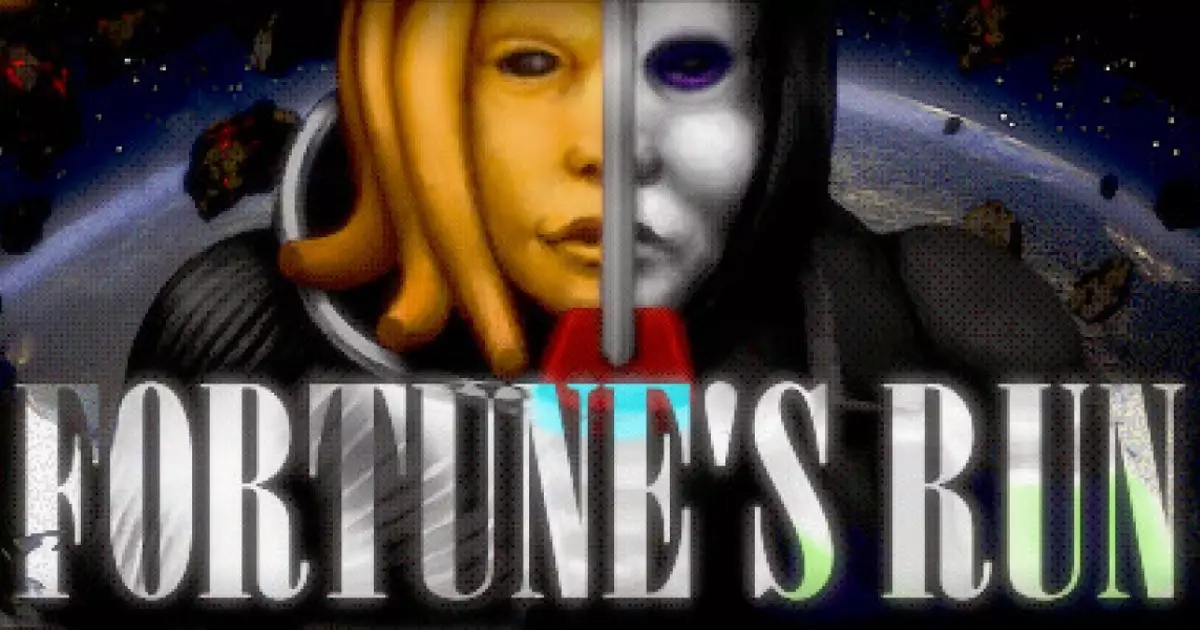The world of video game development often intertwines with personal narratives, and few stories illustrate this connection as starkly as the saga surrounding the immersive sim-shooter, Fortune’s Run. The lead developer, known by the alias Dizzie, has made a shocking announcement: the game is to be put on hold not due to creative differences or funding issues, but because of a significant legal matter that has culminated in a prison sentence. This unfolding drama tells us much about the pressures faced by independent game developers, the implications of personal history on creative endeavors, and the courage required to confront one’s past.
Dizzie’s experience in the gaming industry was overshadowed by a haunting past. After five years of navigating a complex legal landscape related to a violent crime, the lead developer has been sentenced to three years in prison. This revelation came as a surprise to the gaming community, many of whom were engrossed in anticipating the next stages of Fortune’s Run. While Dizzie expressed regret over their previous actions and acknowledged the impact of their violent history on their life choices, the specifics of the crime remain elusive—an indication that some stories are too painful to recount in their entirety.
It is a profound moment when a creative individual recognizes the consequences of their past actions. According to Dizzie’s heart-wrenching Steam post, the sentence is not just a punishment but a reflection of a life lived recklessly—a candid admission of guilt that is rare in a world where public figures often shy away from accountability.
Accompanying Dizzie’s news was the revelation that the other developer on the Fortune’s Run team, Arachne, had departed the game development scene altogether after suffering from complications related to surgery. While Arachne’s exit from the team is unrelated to Dizzie’s legal issues, her work on the project cannot be overlooked. As the head of QA and a significant contributor to level design, her departure left an indelible mark on the game’s progression. Dizzie’s sentiments underscore the heavy burden of managing personal crises alongside professional commitments, an all-too-familiar challenge for many in the creative industries.
Despite the professional and personal turbulence, Dizzie managed to persist in developing Fortune’s Run solo. The dedication demonstrated by the lead developer serves as a testament to the passion and commitment that independent developers often exhibit, often at the cost of their mental and physical well-being. The notion that Dizzie ran on a sleep-deprived schedule to finalize the game highlights the fragile balance between creativity and self-care that many artists struggle to maintain.
As the game faces an abrupt hiatus, Dizzie promised that post-incarceration, there could be a chance to resume development. The sales performance of Fortune’s Run has given some financial reassurance, potentially enabling a restart after serving their sentence. The commitment to the project remains strong despite the societal and personal challenges presented by Dizzie’s current circumstances. The willingness to explore stubs and prototypes indicates that the drive to create has not been extinguished; instead, it is held in a state of suspension, waiting for a moment when it can bloom once more.
The saga of Fortune’s Run serves not only as a cautionary tale but also as an exploration of resilience. For the gaming community, the hiatus brings waves of disappointment, but it also opens up dialogues about the human complexities behind game development. The industry often idolizes creators without acknowledging their equally significant struggles. Recognizing the intersection of personal turmoil and professional ambition may serve not only as an insight into the nature of art itself but also foster empathy for those working tirelessly behind the scenes.
As we navigate this unfolding narrative, we are reminded that behind every video game is a story, sometimes fraught with challenges and redemption; and sometimes, the most compelling narratives do not take place within the game world but in the lives of those who create them.


Leave a Reply